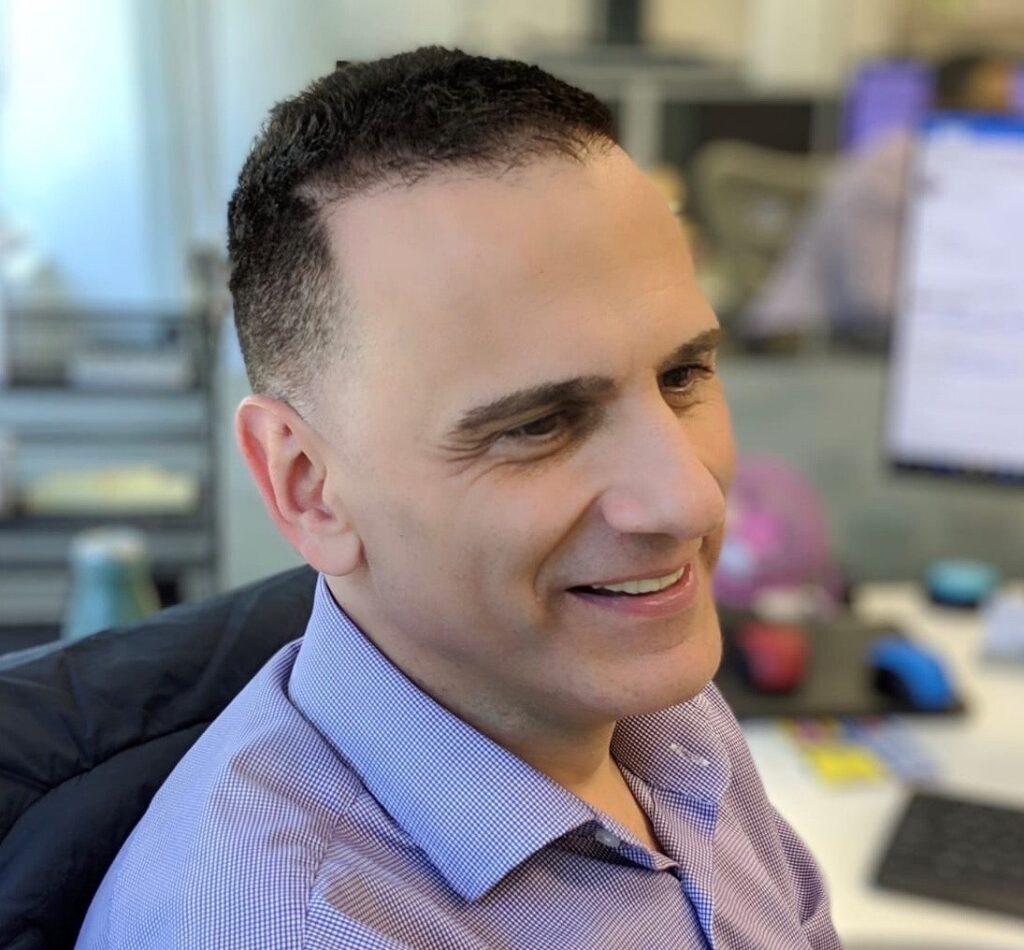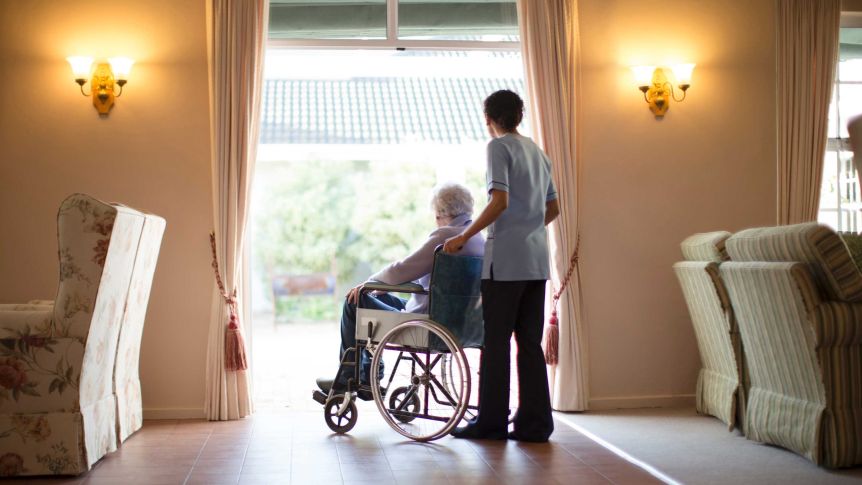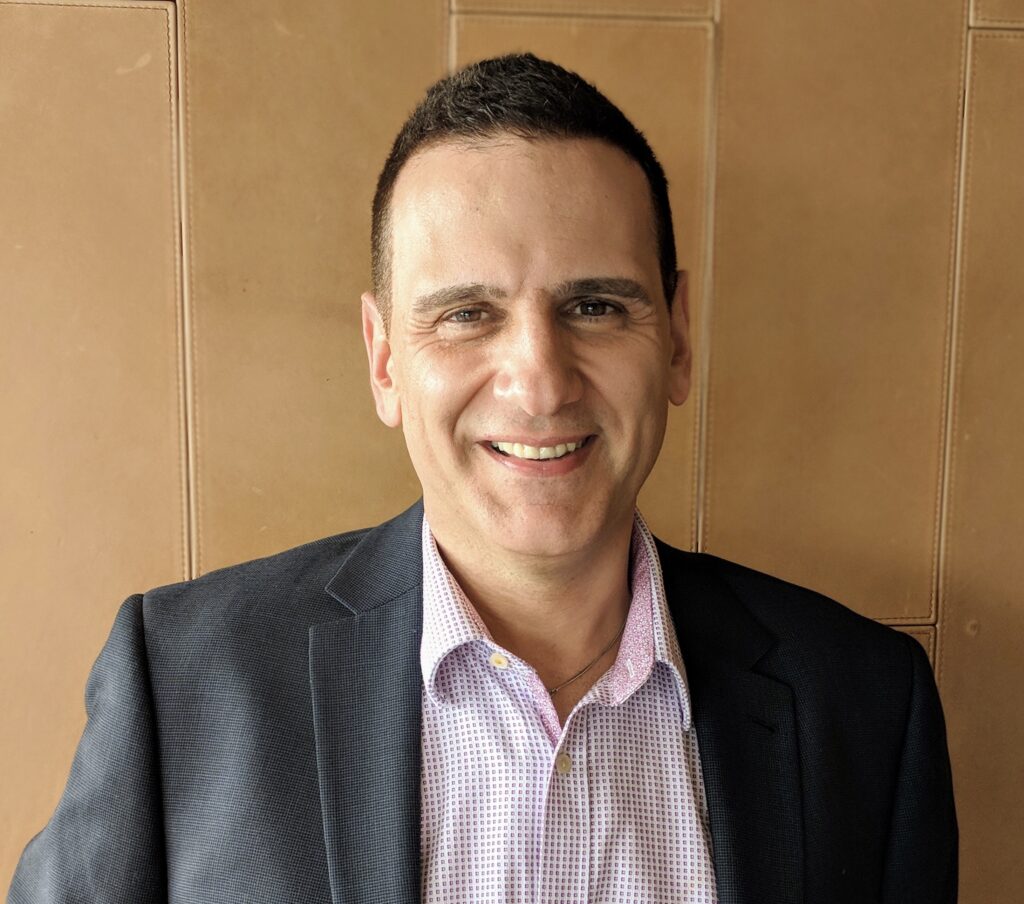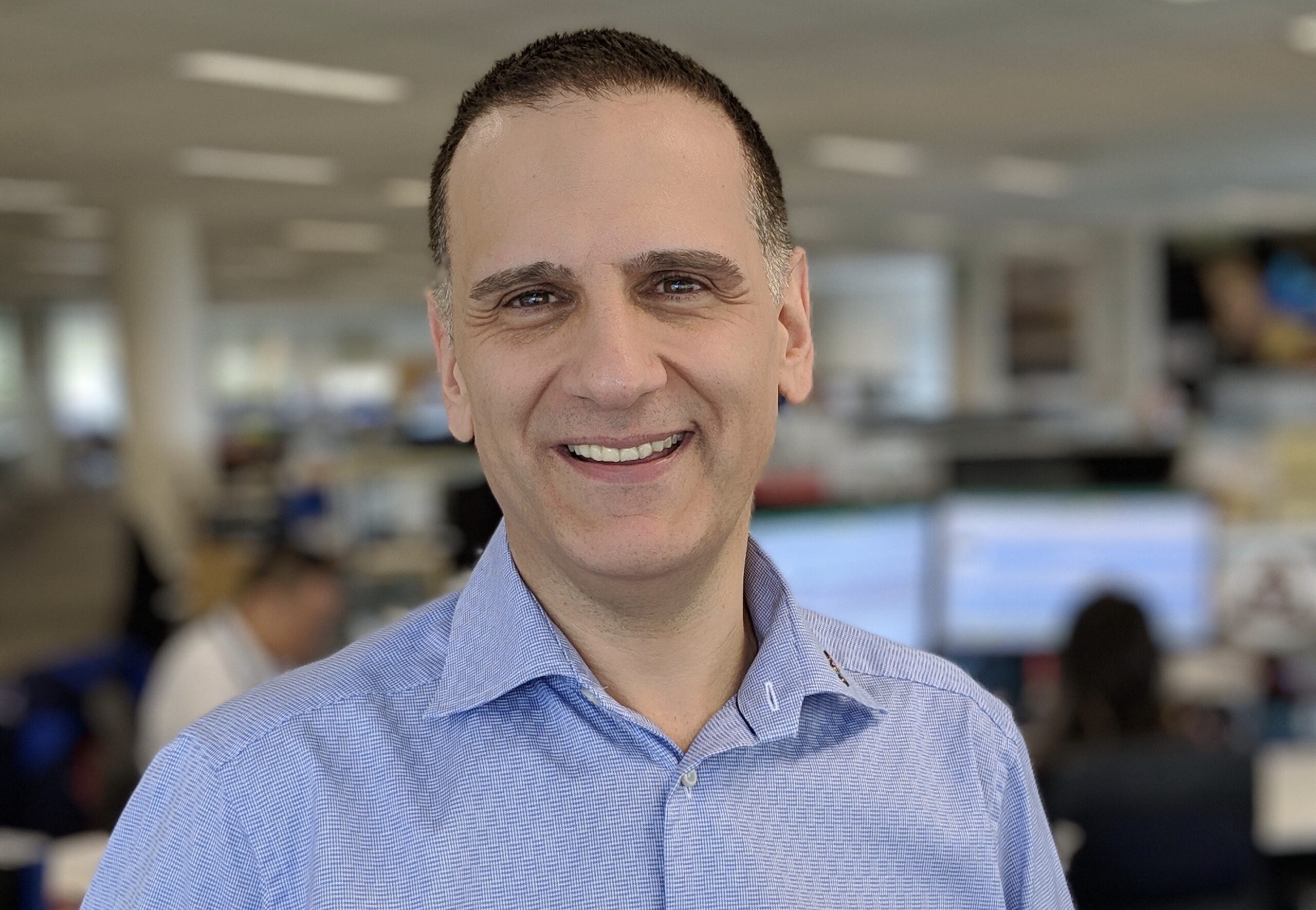“I got to the point where life was way too much for me and I started to have thoughts of suicide like, ‘I don’t belong here so I may as well be dead,’ or ‘I wish this car would just hit me’,” George Laggis tells me as we sit down for our exclusive chat.
In his humble way, George also warns me that if I need to take a break at any point during the retelling of his story, he would understand. Today, I give you the same message.
To mark National Suicide Prevention Week, The Greek Herald has been trying to shine a light on the issue of suicide and mental health within the Greek Australian community. George Laggis’ story is a part of this special mental health series and whilst it will be difficult to read, it deserves to be told.
Warning: The contents of this story may be distressing to some.
George comes from a Greek family with a long history of mental illness. His uncle suffered depression for most of his life and took his own life eight years ago. His mum also suffers from depression and anxiety and has been receiving treatment for close to 40 years.

“When they first arrived in Australia, they had the mentality, ‘Oh I’ll just go to the doctor and he will give me a special tablet and I’m going to get better.’ So unfortunately, they were very heavily reliant on medication and that’s it,” George tells The Greek Herald exclusively.
At the same time, George struggled with his own mental health. When he was 13 years old, he realised there was something different about him. He was gay.
This label is something George says he’s come to terms with now after ‘coming out’ at the age of 31, however, it wasn’t easy to accept when he was younger.
“I didn’t know what being gay was at the age of 13 and so I started to believe that I didn’t belong, that I wasn’t worthy, that I was out of place in this world. And that was something that really started to take its toll on me,” George says.
‘I knew how I was going to end my life’:
But the now 50-year-old adds that the point where he really hit ‘rock bottom,’ was when his mum’s anxiety and depression deteriorated and she was put into aged care to get the 24 hour care she needed.

“Mum was in and out of hospital for over two years and being from a Greek family… there was that expectation that I needed to step in and I needed to fix everything because I’m the son. There was a lot of that guilt,” George explains.
“So I got to a point where life was just way too much for me and I started to have very active thoughts of suicide. It started to scare the hell out of me because… I knew how I was going to end my life, I just didn’t know when.
“I used to lay awake at night thinking about it and they were thoughts of, ‘I don’t want to be here anymore’ and ‘I feel like the pain needs to stop.’ And the only way to stop the pain was to take my own life.”
The shame that came with needing treatment:
It was at this stage in early March 2016, that George realised he needed to get help. He visited a psychiatrist and was officially diagnosed with major depressive disorder, generalised anxiety disorder and substance use because he had developed a dependency on prescription medication.
Next thing he knew, he was receiving treatment for his conditions in a mental health facility. Something George says he felt ‘embarrassed and ashamed’ about.
“I didn’t want to tell anyone. The only person that knew was my boss and I was even going to lie to him and make up some fake illness. But I didn’t,” George says.

“In the end, I was in the facility for five weeks and probably spent the first two weeks crying every day.”
During those five weeks, George remembers taking part in mindfulness sessions, going for walks and being given tools to deal with his mental health. However, he admits that when he was discharged from the facility, he still hadn’t accepted he was actually ill.
“When I was discharged, the doctor needed to sign a discharge form which states what your level of mental health was coming in and going out. So there were seven boxes, with number seven being the ‘worst case’ and number six being ‘severely ill’,” George explains.
“I got number six ‘severely ill.’ I argued with the discharge nurse because I still, at that point, hadn’t accepted how sick I was. I was like ‘no, no, I’m not severely ill. There’s nothing wrong with me’.”
Coming to terms with his mental illness:
George’s moment of acceptance did come however, and it was in the most unexpected way – while he was listening to Greek music in his front yard.
“One day I was sitting at the front of my house listening to old Greek music, which is one of my coping strategies, and I thought, ‘oh wow, the birds can fly and look how green the trees are’,” he says.
“And for the first time I felt like I had been blind for a long time and I felt like I had my sight back. I realised that I had lost the taste of life and that I must have been quite ill.”
Since then, George has been under the care of a psychiatrist, he takes medication for his condition, he follows daily routines and his two puppies, Gracie and Oliver, teach him ‘unconditional love.’ He also has the love of his family even if, as George says, they are sometimes the last people he asks for help.

“We all like to compete with each other. So if I say to them, ‘this is what’s happening to me,’ they’ll go, ‘well you think you’ve got it bad, let me tell you about me’,” George says with a laugh.
“It’s that Greek thing… it’s not that they don’t care. So even though I might let my family know what’s going on… I have other means of getting support.”
And it’s this support which George encourages others who are struggling with their mental health to reach out for as well.
“If you feel you’re struggling, it’s important to reach out and let people know. It’s not a weakness,” he says.
“I actually think living with a mental health condition is resilience in itself because it takes a lot of courage to get up every morning, to put on a mask and pretend to be someone that you’re not. So be vulnerable and ask for some support.”
Wise words from a man who has clearly persevered through pain and heartache to become a man more confident in himself despite still living with a mental illness every day.
If this story has caused any distress The Beyond Blue Support Service is available via phone 24/7 on 1300 22 4636 or via beyondblue.org.au/get-support for online chat (3PM – 12AM AEST or email responses within 24 hours).

